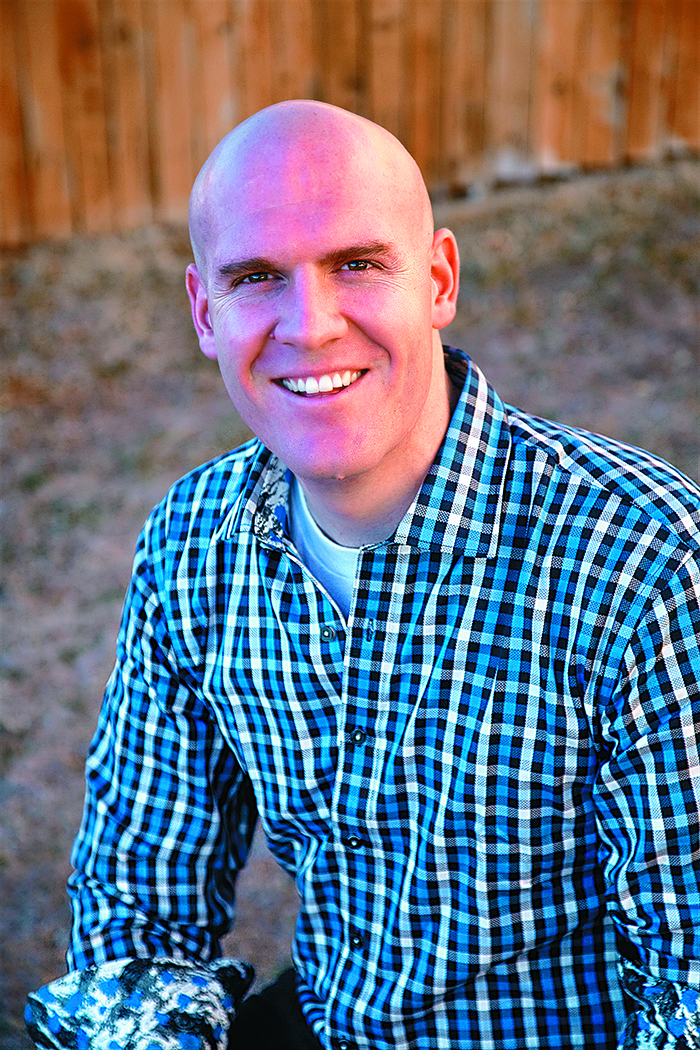 Most people are holding onto some kind of trauma from the past – it can be anything from failure to abuse. Traumas like that aren’t processed like normal memories; instead, they are held in a different part of the brain.
Most people are holding onto some kind of trauma from the past – it can be anything from failure to abuse. Traumas like that aren’t processed like normal memories; instead, they are held in a different part of the brain.
“We don’t have to relive [those bad memories], but we do have to process them through so your brain realizes this isn’t something that’s happening; it’s something that happened,” said Dr. Drew Brazier, creator of Optimal Solutions.
That’s where brainspotting comes in. Brainspotting is a form of therapy that helps to access and process those negative memories.
The brainspotter, with the aide of some sort of pointer, uses different eye positions to help the client focus. Because the vision in the brain is located near those locked up memories, when a certain eye position is reached, the client is able to process through the traumatic memory.
“By the end of those sessions, I take someone back through their traumatic event and say, ‘OK, now what are you experiencing as I [recount what happened]?’ Then they’re like ‘Well, I don’t really feel much from that. It’s something that happened, but I don’t really feel an effect,’” Brazier said.
Braizer has used brainspotting to help veterans suffering from post-traumatic stress disorder, professional athletes and actors trying to reach their peak performance, and individuals struggling to lose weight.
Brazier said he always knew he wanted to be a therapist, but it wasn’t until he went through his own weight loss journey that he decided to become a nutritionist as well.
“I got up to like 360 [pounds] and decided this is ridiculous,” Brazier said. “I lost 160 pounds and then figured out how to sustain it – it really fascinated me.”
Brazier became a nutritionist as he was earning his doctorate degree. As he completed his dissertation on Type II diabetes and other weight-related issues, Brazier said he began to realize that weight loss was not only tied to diet, but also tied to sleep, movement and even parts in people that hold them back from losing weight.
“A lot of times I’ll have people come into my office who have failed on diet after diet and their medical doctor or dietitian are like, ‘we don’t know what to do,’” he said. “All I’ll do is go through some of that trauma history, release some of those traumas and they’ll start losing weight. Then we can dig down and say, ‘OK, how are we going to sustain this? What is sustainable?’”
Although he said he enjoys helping people through their weight-loss journeys, Brazier is a firm believer in preventative measures to avoid the weight and health problems in the first place, especially when it comes to the community we live in.
“I want to be a part of movements here in Idaho Falls, getting really more of a natural healing here in Idaho Falls on a preventative level, getting more greenbelts, getting gardens in schools,” he said. “People in Idaho Falls are amazing, wonderful people, but there is a lot of stuff out there that we can bring in to make us an even stronger community from a mental and physical health perspective.”